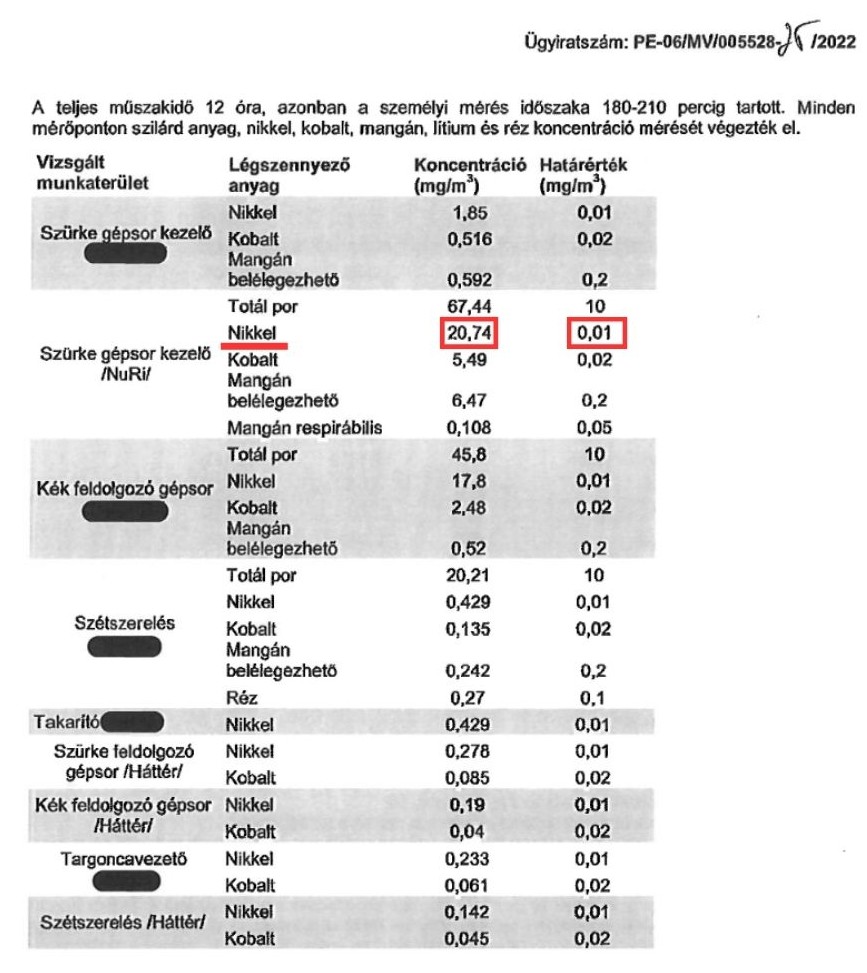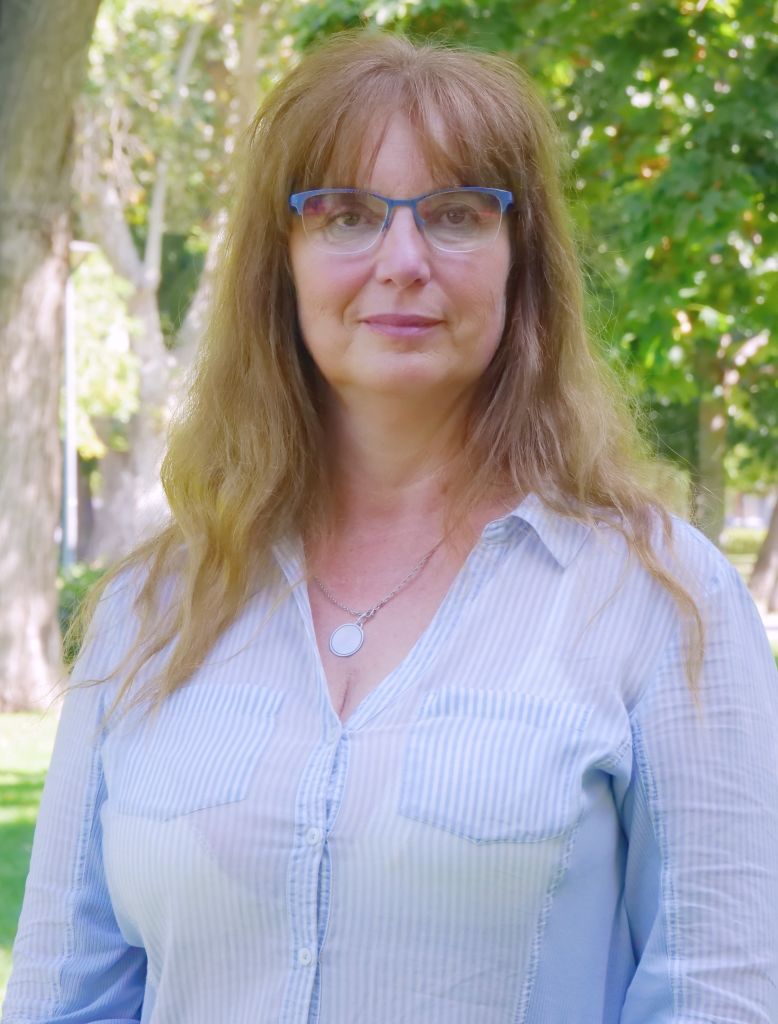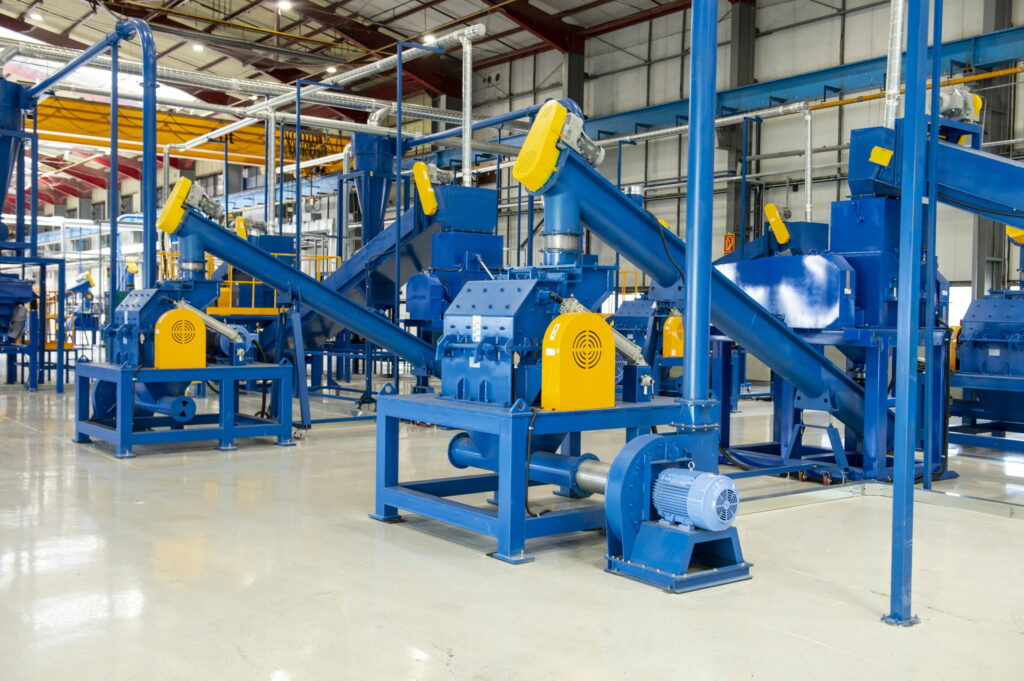The https://english.atlatszo.hu use cookies to track and profile customers such as action tags and pixel tracking on our website to assist our marketing. On our website we use technical, analytical, marketing and preference cookies. These are necessary for our site to work properly and to give us inforamation about how our site is used. See Cookies Policy
SungEel’s battery processing plant records nickel levels 2000 times above safety limit
Last year we reported that workers at the battery processing plants of SungEel Ltd. were repeatedly exposed to carcinogens. We learned this from the fine decisions sent to us by the government agency, but they withheld the names and quantities of the substances, which led us to turn to the Hungarian National Authority for Data Protection and Freedom of Information. After seven and a half months, the Government Office finally sent the documents without the redactions, following a request from the Authority. These show that the measured concentrations of carcinogenic heavy metals in the air were always many times the permitted limit during on site tests carried out between 2019 and 2022. The situation was no better at the company’s battery processing plant in Bátonyterenye, where a video sent to Atlatszo shows that black dust trapped in the grinder was blown into the air.
Since June, we have been waiting for the Hungarian National Authority for Data Protection and Freedom of Information (NAIH) to conclude its investigation into the penalty decisions of SungEel Ltd. In our previous stories, we could only refer to decisions requested from the Pest County Government Office, in which the office had carefully withheld the names of all carcinogenic substances and their concentration measured at the plant; we, therefore, requested an NAIH investigation into the withholding of data.

After waiting for more than seven months, the government agency sent the unclassified decisions at the request of the NAIH. So we can finally disclose what substances and to what extent SungEel has been endangering its workers for years.
2000 times more nickel than permitted
An unpublished 2022 decision reveals that a biological monitoring study in March showed that 18 workers at the plant in Szigetszentmiklós were exposed to elevated levels of nickel and cobalt, but the company did not report or investigate the cases. Further health checks were carried out in September and October, but the workers’ condition remained unchanged.
The document also includes data from two air pollution measurements. IMSYS Engineering Services Ltd. conducted tests in April-May 2022 to measure concentrations of particulate matter, nickel, cobalt, manganese, lithium and copper in several work areas. In one of the machine lines
the concentration of nickel in the air exceeded the limit value by a factor of 2,000,
but concentrations of cobalt and manganese were also several times higher than the permitted limit.

Air pollution measurement data at the battery processing plant in Szigetszentmiklós, based on measurements taken between 28.04.2022 and 06.05.2022 (source: government office decision)
Then, in August 2022, Akusztika Mérnök Iroda Kft. measured nickel and cobalt concentrations above the limit values. Following the investigations, the authority found that the workplaces inspected did not comply with the legal requirements, and the company was fined HUF 8.4 million for seriously endangering 18 workers.
No health checks
SungEel Kft. has also not complied with the health and safety requirements since 2019. Atlatszo previously reported that the company had to pay HUF 3.4 million in 2019 and HUF 2.9 million in 2021, according to a decision, for serious and increased risk to workers. One of the decisions, which has now been received without explanation, also reveals that the mandatory annual biological monitoring tests for nickel and cobalt were not carried out.
According to a study, exposure to nickel can cause allergies, cardiovascular disease, kidney disease, pulmonary fibrosis, lung and nasal tumours, and some research has linked it to certain neurodegenerative diseases.
In Bátonyterenye, they also failed to comply with health and safety regulations
According to a video footage obtained by Atlatszo, taken at SungEel’s plant in Bátonyterenye, a closed system machine was unprofessionally dismantled when a grinder clogged to remove the material trapped inside, and then
black dust containing heavy metals was “blown” from the grinder into the air.
In the picture, workers dismantling the machine are helping to remove dust from the shredded batteries, which we have learned could have released several tonnes of hazardous material into the air. But it was not just the workers who could have been seriously affected – the carcinogen released into the air could have caused serious environmental damage.
At the Bátonyterenye processing plant, we reported earlier that during an inspection, the inspectors themselves detected a strong smell of solvent, which caused skin rashes and sore throats. As the plant has been fined on a number of occasions for improper waste management, its operations were shut down in the summer of 2023.
The plant in Szigetszentmiklós operates without an environmental permit
In addition to accidents at work and the risk to workers, it is important to know whether plants working with hazardous substances can release substances that are harmful or damaging to the environment. However, no environmental impact assessment has been carried out for the plant in Inselszentmiklós. In 2018, the Pest County Government Office concluded that the site, which processes thousands of tonnes of scrap batteries per year, has no significant environmental impact and therefore did not require an environmental permit for the processing plant.
SungEel is required to monitor and report air pollutant emissions to the authority on an annual basis. However, in June this year, the government agency fined the company for fugitive air pollution,
A few weeks ago, SungEel launched its website in Hungarian, which not only presents the usefulness of its activities, but also stresses that the company operates in compliance with environmental regulations.
Translated by Zita Szopkó. The original, more detailed Hungarian version of this story was written by Zsuzsa Bodnár and can be found here. Cover photo: The second plant of SungEel HiTech Hungary Kft. in the industrial park of Bátonyterenye on the day of its opening, 7 July 2021. (Photo: MTI/Peter Komka). The article was produced with the support of the Union Values Programme.

